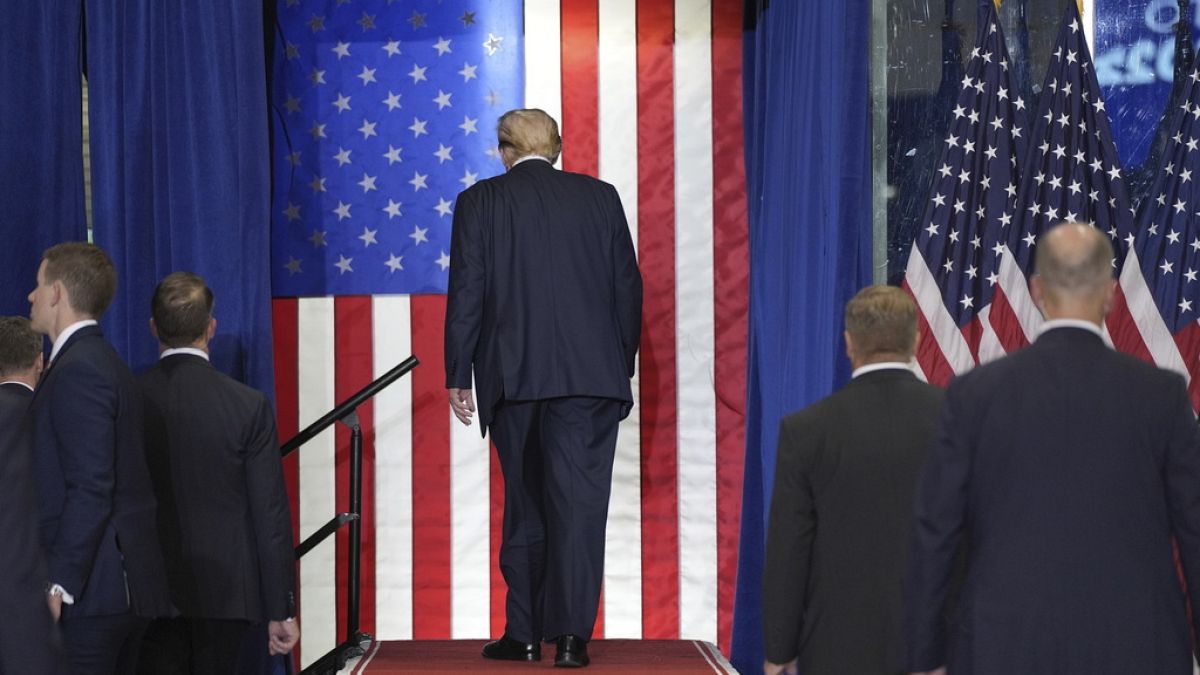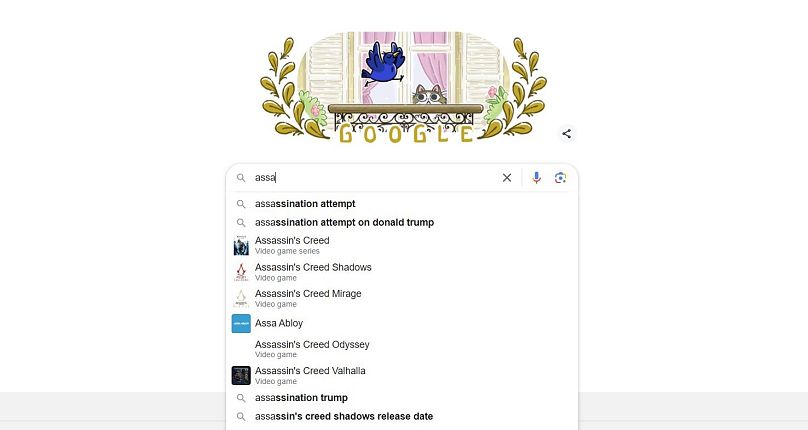Alphabet insists it did not manually filter Google search results after Elon Musk suggested the engine was favouring the Democratic campaign.
Alphabet has broken its silence and denied theories put forward by Elon Musk and other users on the site X, relating to the upcoming 2024 US election.
Musk, one of the world's richest men and the entrepreneur who owns X, suggested that Google search results were being filtered in a way that benefited the Democratic Party's campaign.
"Wow, this is crazy!" Musk wrote when reposting another user's tweet.
The post in question included a screen recording of a Google search of former President Donald Trump's name. He is the Republican Party's presidential candidate.
On the back of this search, articles that appeared seemed only to relate to Vice President Kamala Harris, who is the presumptive candidate for the Democrats. There was no reference to Trump.
The user was supposedly browsing in incognito mode, meaning that browsing history, cookies and site data are not stored.
When Euronews made the same incognito search on Tuesday afternoon, articles relating to Trump did appear. Results were potentially swayed by our location in Brussels, or had been corrected by Google.
It should be noted that incognito mode may not be always totally secure.
"The websites that you visit can use various clues — your IP address, your device type, your browser — to figure out who you might be, and to tie this to other information that might already be associated with you," said Wired tech magazine.
Numerous X users also shared screenshots on Sunday showing that when they typed "assassination attempt on" into Google's search engine, auto-complete results displayed searches relating to assassination attempts on figures such as former President Ronald Reagan.
Donald Trump appeared to have been omitted from the suggested list, which appears before users click "enter".
An incognito search from Brussels on Tuesday afternoon didn't yield the same result, as Google immediately brought up the attempt on Trump's life.
An earlier trial by US magazine Fortune, however, mirrored the experience of X users.
"Even when Fortune typed in 'assassination attempt on Trump' on Chrome using incognito mode, no auto-complete showed up on the results. Clicking 'enter' on the result, however, yielded several recent news articles about the incident," wrote Fortune journalist Eva Roytburg.
Speaking to Fortune, Alphabet said that Google did not take "manual action" relating to the auto-complete suggestions, and explained that it would be "working on improvements" to this feature.
With regard to the assassination search, Alphabet said that its systems were protected against "auto-complete predictions associated with political violence, which were working as intended prior to this horrific event occurring".
"Our auto-complete systems are dynamic, so predictions will change based on common and trending queries," the spokesperson added.
















